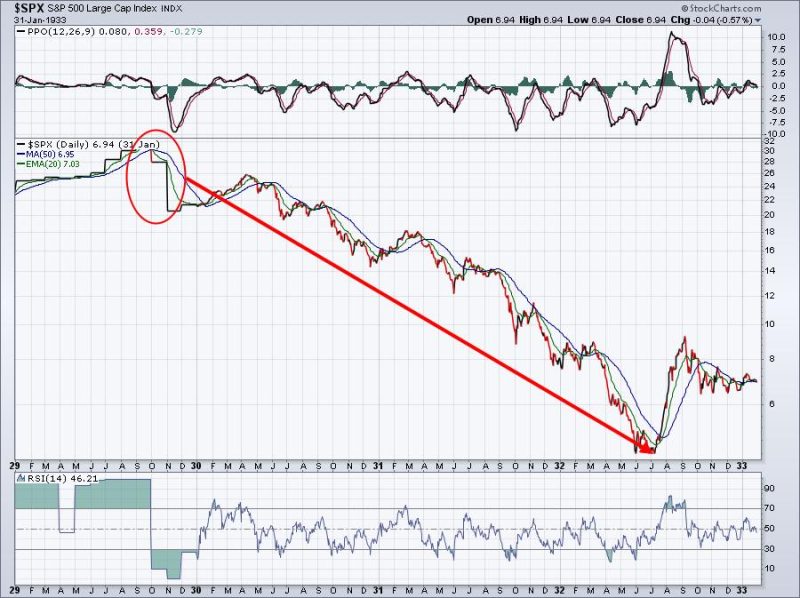The likelihood of a stock market crash is a topic that garners significant attention from investors and analysts alike. Speculation about the possibility of a crash in the month of October, often dubbed as the October Effect, has been the subject of numerous discussions and studies over the years. While some believe that historical patterns and market indicators point towards a potential crash, others argue that such predictions are based on myths rather than concrete evidence.
One of the commonly cited reasons for a potential stock market crash in October is the historical trends that have seen some of the most significant market downturns occurring during this month. Events such as the 1929 Wall Street crash, the 1987 Black Monday crash, and the 2008 financial crisis all unfolded in October, leading many investors to associate the month with market volatility and downturns. However, attributing market crashes to a specific month may be oversimplifying complex economic factors and disregarding the broader context of those historical events.
Market analysts often look at various indicators and factors to assess the potential risks of a stock market crash. Some of the key factors that are often considered include high levels of market valuations, economic indicators like inflation rates and interest rates, geopolitical tensions, and market sentiment. Observing these factors can provide valuable insights into the overall health of the market and the potential risks that may trigger a market downturn.
Another argument against the notion of an imminent stock market crash in October is the unpredictability of financial markets. While historical trends and indicators can offer valuable insights, the dynamics of the market are influenced by a multitude of factors that are often unpredictable. Events such as unexpected geopolitical developments, natural disasters, or sudden shifts in investor sentiment can significantly impact market behavior, making it challenging to predict the timing of a crash with certainty.
It is essential for investors to approach discussions about market crashes with a balanced perspective and to consider a diverse range of opinions and insights. While being aware of historical trends and market indicators is important, making investment decisions based solely on predictions of a potential crash in a specific month may lead to missed opportunities or unnecessary risks. Diversification, risk management, and a long-term investment approach are some of the key strategies that investors can employ to navigate market uncertainties and mitigate potential risks.
In conclusion, while the possibility of a stock market crash in October is a topic that continues to capture attention, it is crucial for investors to approach such discussions with caution and critical thinking. By evaluating a broad range of factors, maintaining a diversified investment portfolio, and adopting a long-term perspective, investors can navigate market uncertainties and safeguard their investments against potential risks, regardless of the month.




























